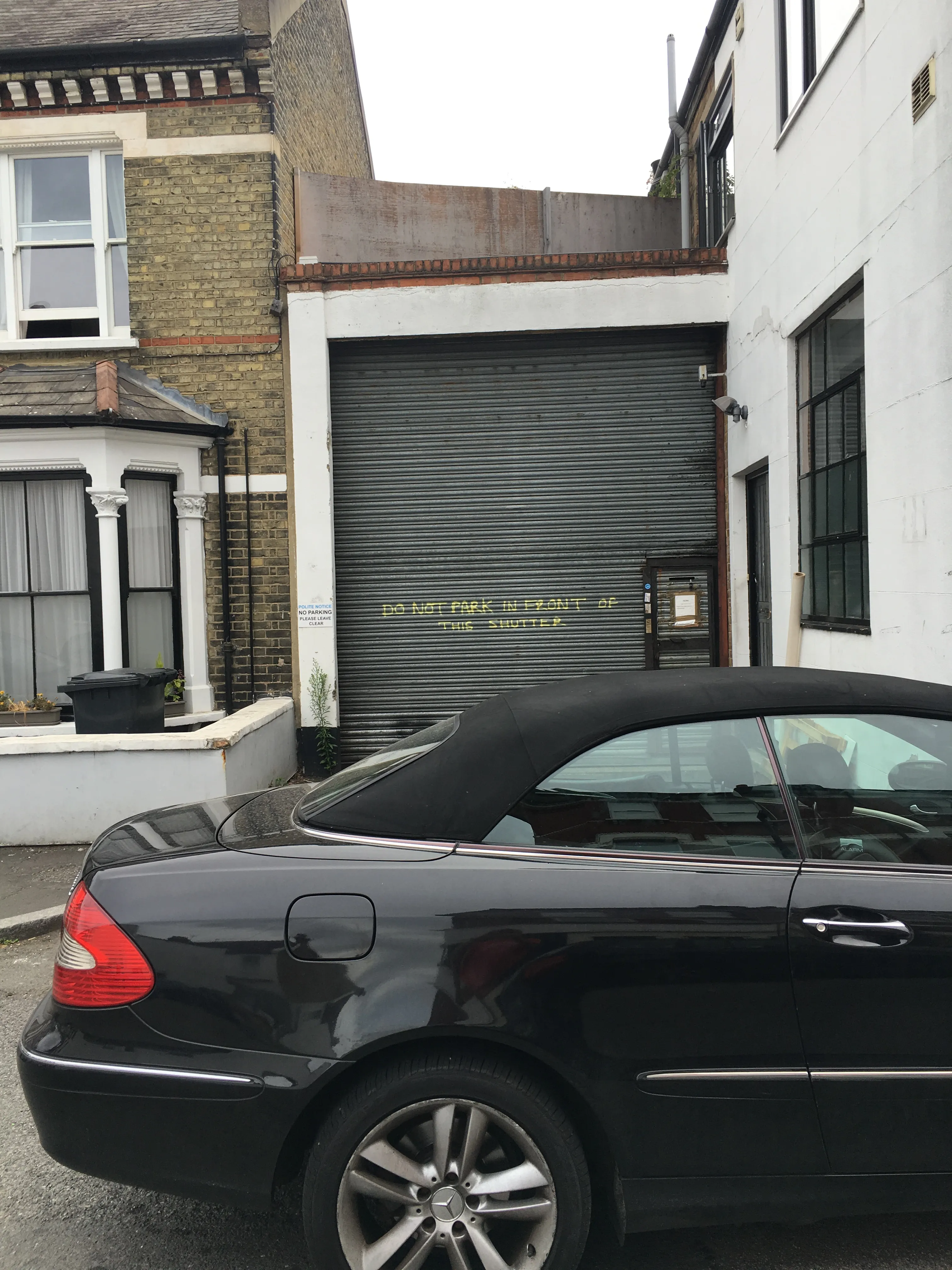UK road safety body, the Institute of Advanced Motorists (IAM) has revealed that oversees drivers have escaped 23,295 speeding offences since January 2013. This equates to some €2.92 million (£2.3 million) worth of speeding tickets. The figures were revealed following a freedom of information request to police authorities, asking how many overseas motorists had been caught by speed cameras across England and Wales. As foreign vehicles are not registered with the DVLA these speeding offences are not pursued
October 8, 2014
Read time: 2 mins
UK road safety body, the 5125 Institute of Advanced Motorists (IAM) has revealed that oversees drivers have escaped 23,295 speeding offences since January 2013. This equates to some €2.92 million (£2.3 million) worth of speeding tickets. The figures were revealed following a freedom of information request to police authorities, asking how many overseas motorists had been caught by speed cameras across England and Wales. As foreign vehicles are not registered with the DVLA these speeding offences are not pursued. The highest number of oversees speeding offences were in the Thames Valley, with a reported 3,580 offences and the highest speed recording of 163km/h (102mph) in a 112km/h (70mph) zone. Next came Merseyside, with a reported 2,477 offences and the highest speed recording of 139km/h (87mph) in a 112km/h (70mph) zone. Warwickshire was next with a reported 2,152 offences, followed by Gwent, with a reported 2,090 offences and the highest speed recording of 158km/h (99mph) in a 112km/h (70mph) zone and then Kent, with a reported 1,954 offences and the highest speed recording of 117.6km/h (111mph) in a 112km/h (70mph) zone. The 5059 Metropolitan Police covers 32 London boroughs followed in at sixth position with a recorded number of 1,586 offences taking place across the Greater London area, with a high speed recording of 158km/h (98mph) on the A406 North Circular Road, southbound – an 80km/h (50mph) zone.
IAM’s director of policy and research, Neil Greig said, “The high numbers of oversees speeders on our roads show how important it is that the UK joins up with the rest of Europe to harmonise motoring offences and give the police extra powers to pursue dangerous drivers. Progress on this issue has been very slow and in the meantime thousands of drivers are avoiding fines and bans simply because their cars cannot be easily traced.”
The UK had the option to join with the rest of the EC nations in a recent Pan-European agreement that saw data sharing between the police forces of various countries. However, for reasons that are not particularly clear, the UK Government opted out of this traffic data sharing process.
IAM’s director of policy and research, Neil Greig said, “The high numbers of oversees speeders on our roads show how important it is that the UK joins up with the rest of Europe to harmonise motoring offences and give the police extra powers to pursue dangerous drivers. Progress on this issue has been very slow and in the meantime thousands of drivers are avoiding fines and bans simply because their cars cannot be easily traced.”
The UK had the option to join with the rest of the EC nations in a recent Pan-European agreement that saw data sharing between the police forces of various countries. However, for reasons that are not particularly clear, the UK Government opted out of this traffic data sharing process.







